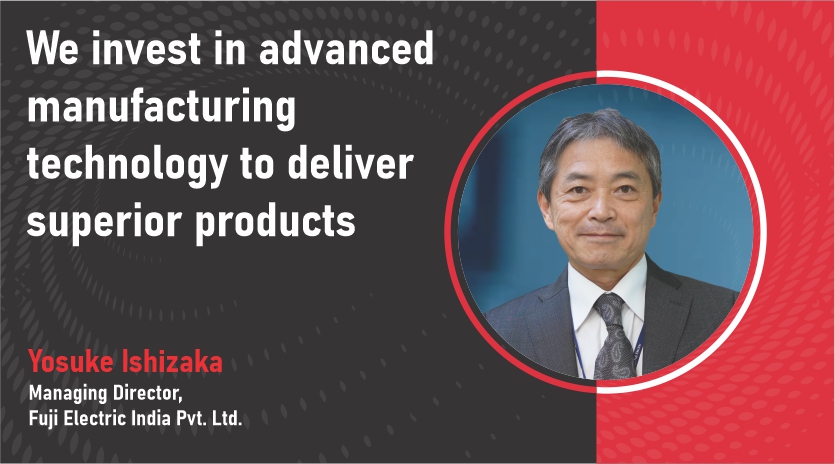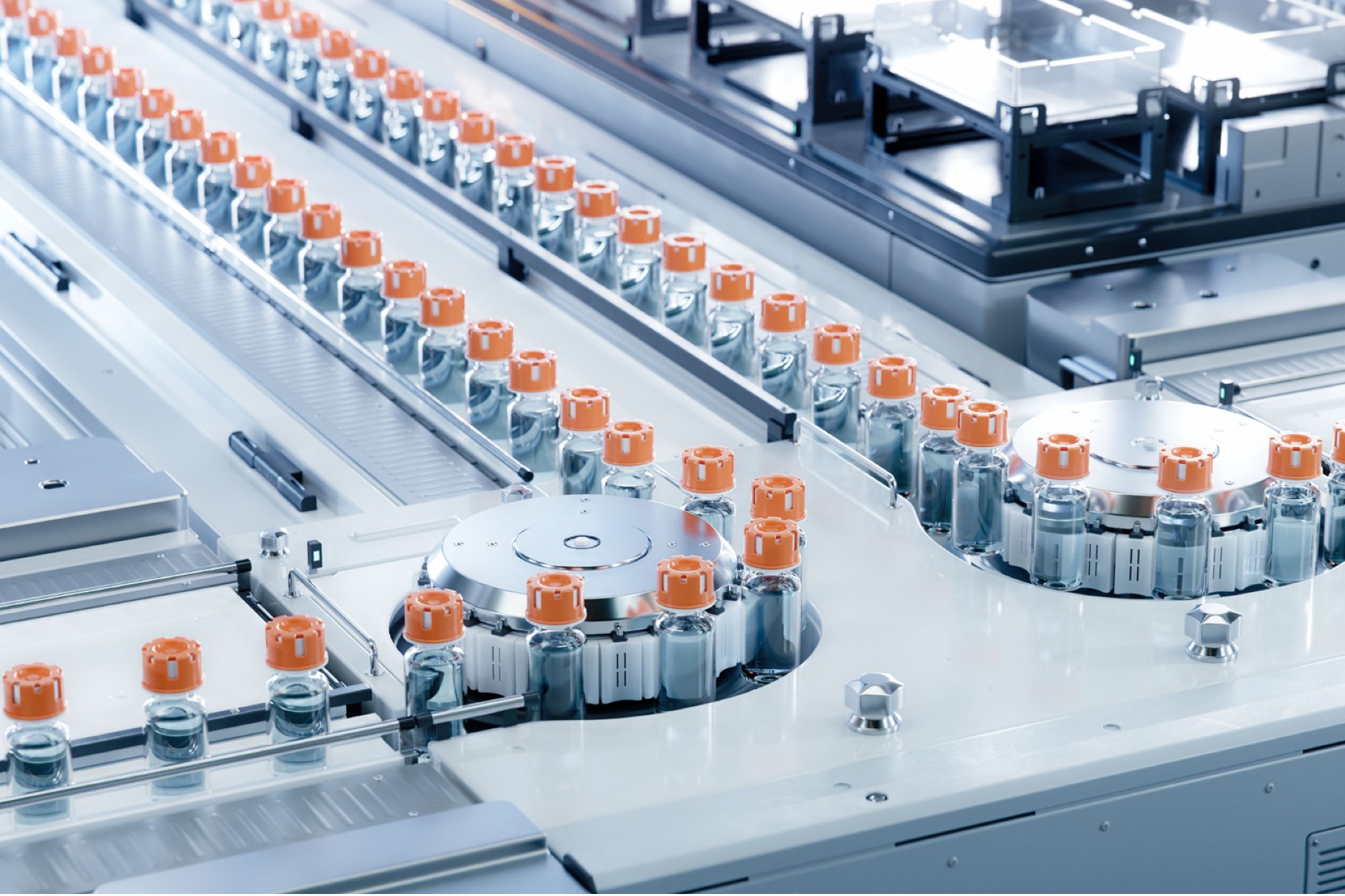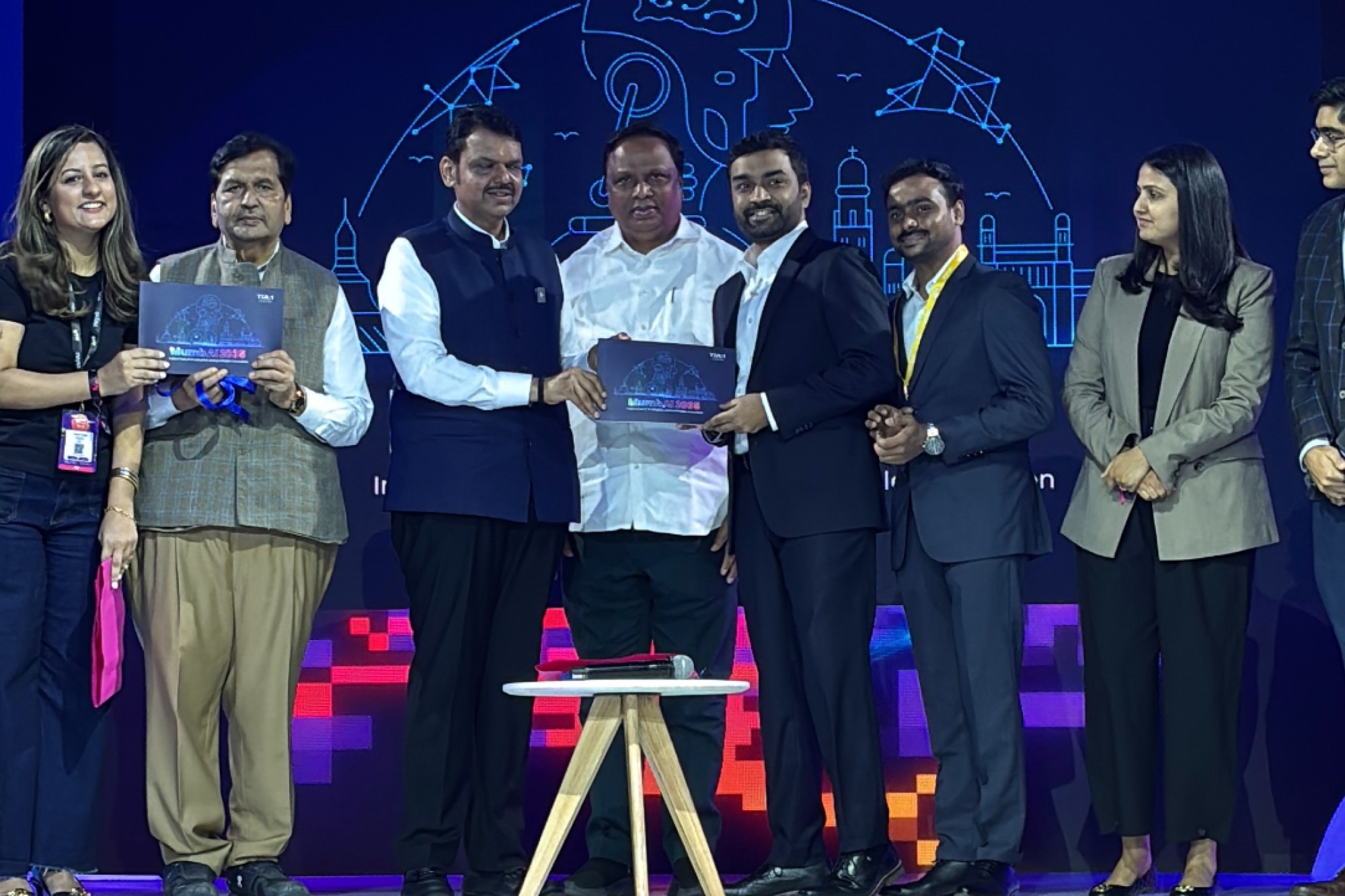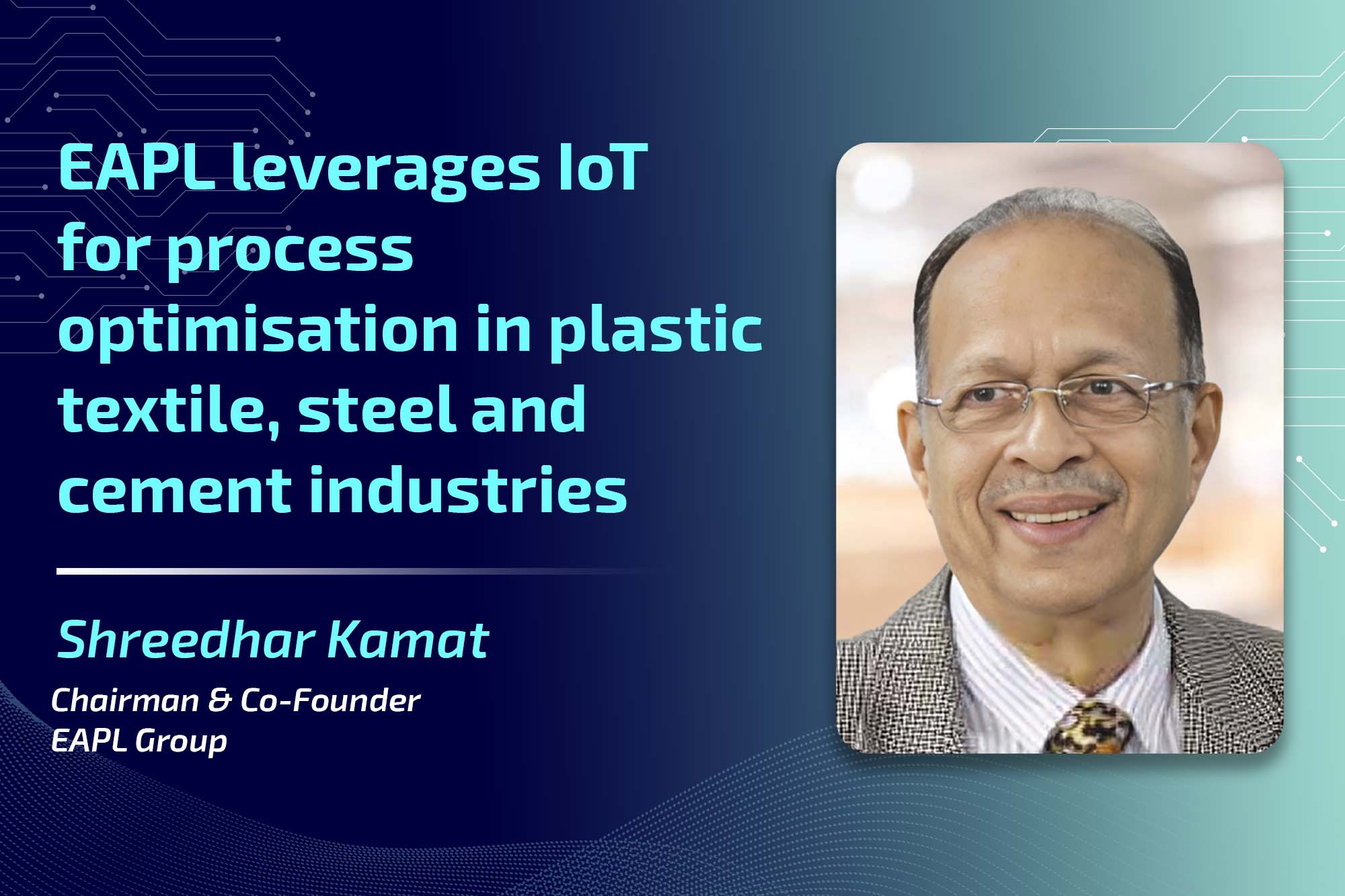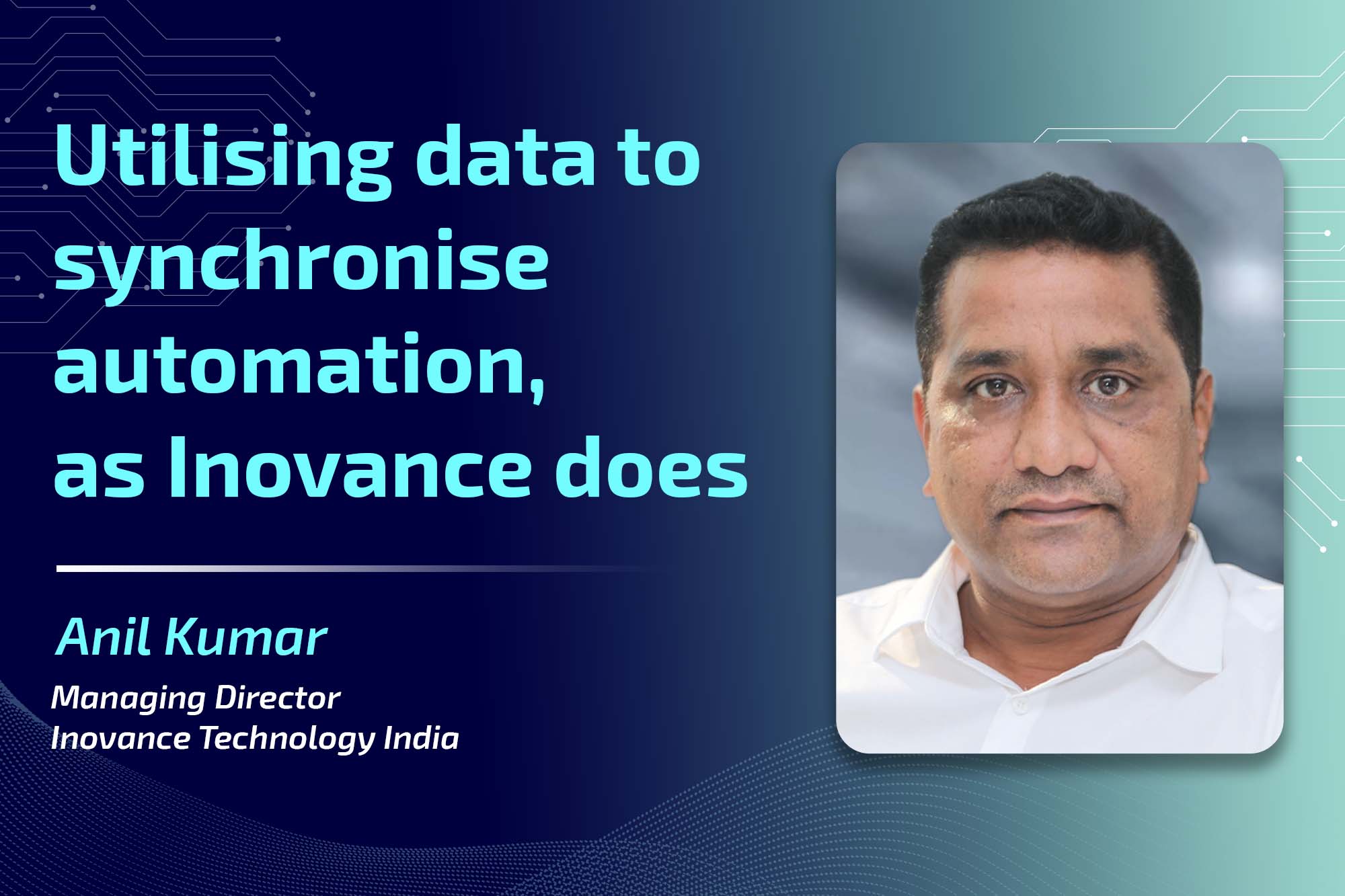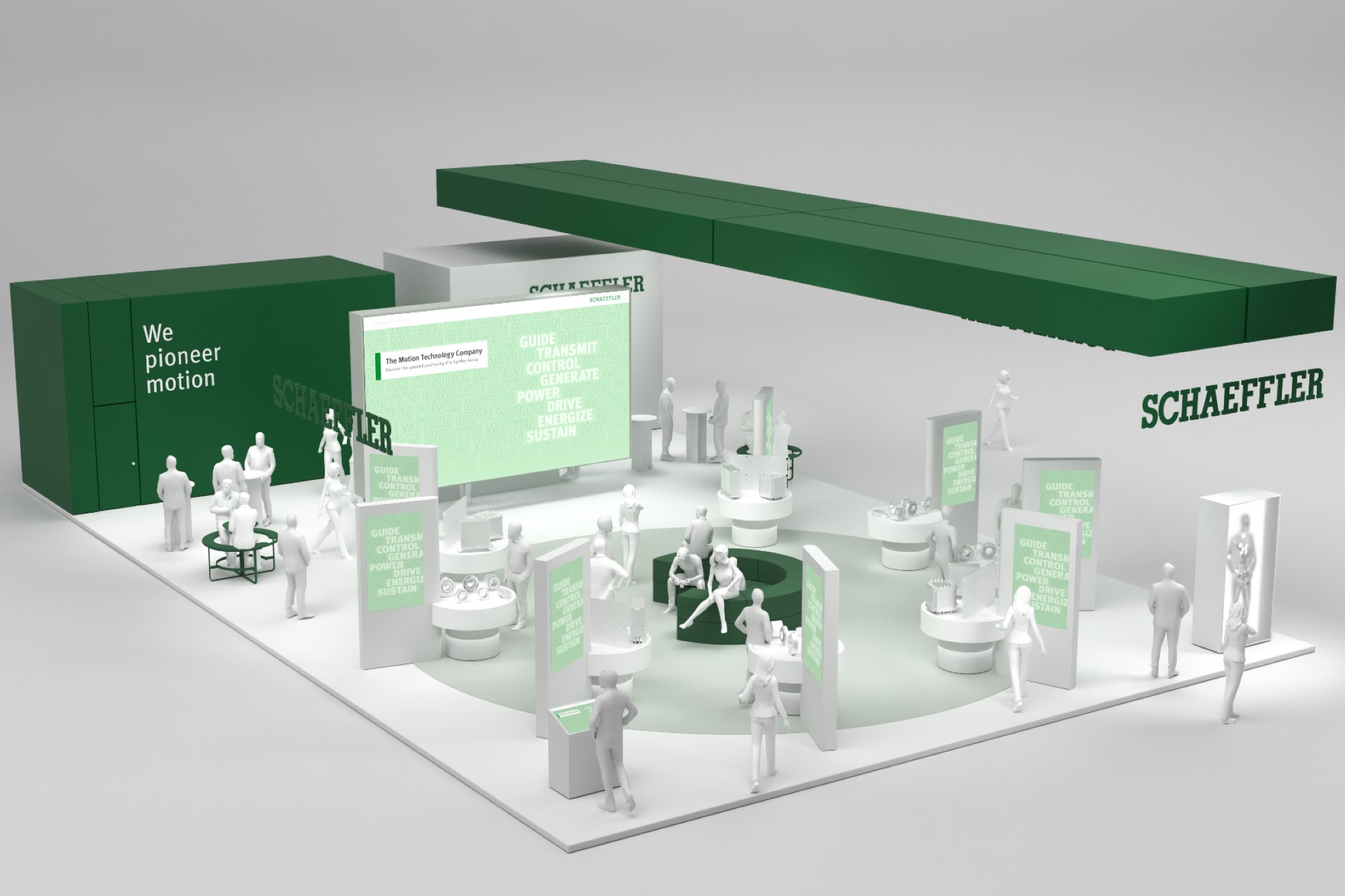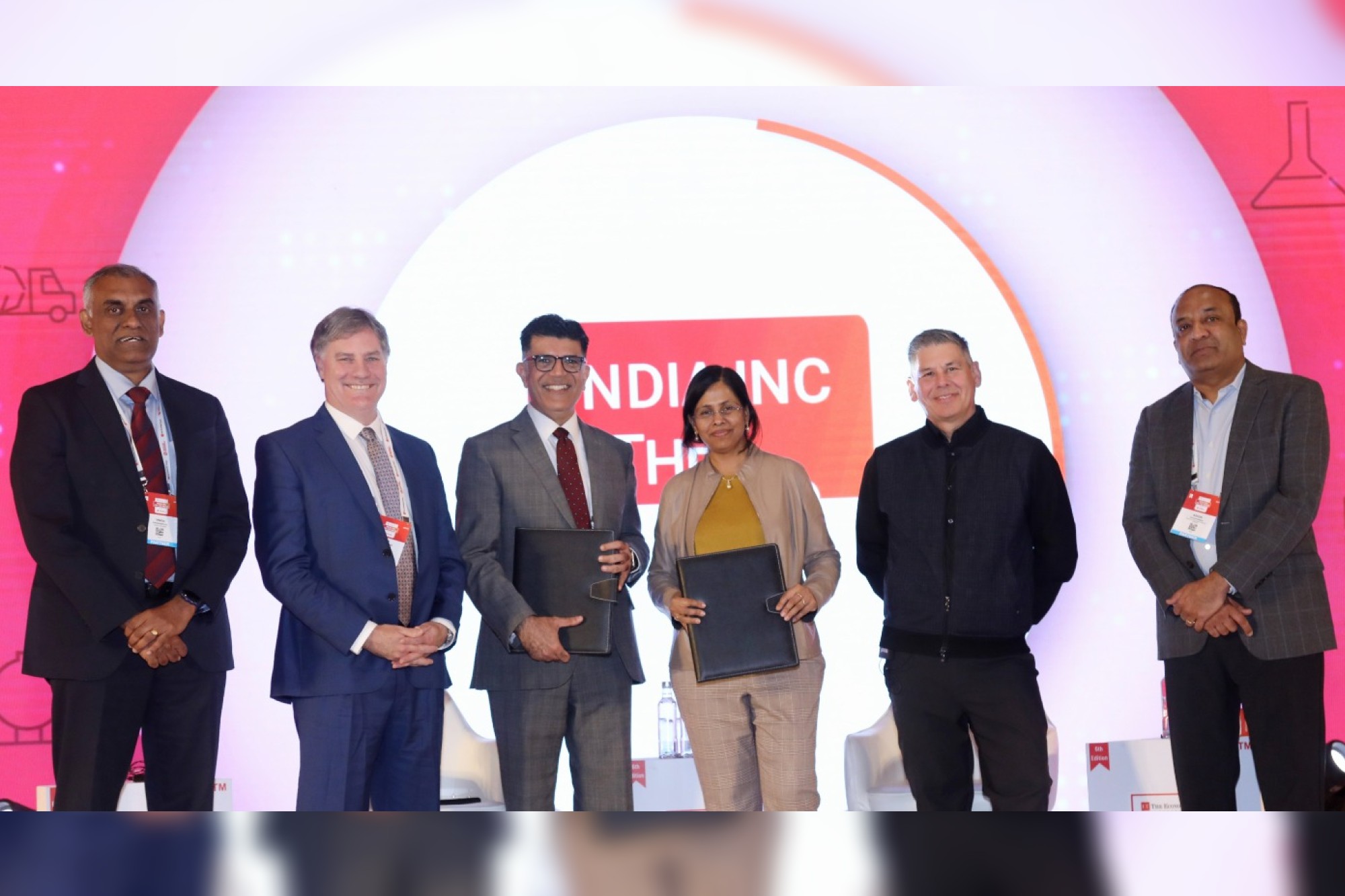We invest in advanced manufacturing technology to deliver superior products
By OEM Update Editorial June 9, 2023 2:23 pm IST
Yosuke Ishizaka, Managing Director of Fuji Electric India, emphasises the commitment to enhancing resource and energy efficiency. At Fuji Electric India, all departments are aligned to integrate sustainability into our operations.
What key factors have contributed to Fuji Electric India’s growth and success in the Indian market?
Since its inception in 1923, Fuji Global has embarked on a remarkable journey as a renowned power electronics brand. With a strong global presence in 96 countries and an impressive $9 billion in sales, Fuji Global has successfully expanded its expertise worldwide. Initially, the company entered the Indian market through collaborative ventures, and in 2009, it established Fuji Electric India Pvt. Ltd. as a wholly-owned subsidiary. The association with India goes back even further. The acquisition of Consul Neowatt, the largest UPS company in India, in 2019 played a crucial role in Fuji Electric’s growth. Today, Fuji Electric India has state-of-the-art facilities in Chennai and Pune and has emerged as a market leader in India’s UPS, AC drives, and instrumentation products. The company owes its impressive growth to its two advanced manufacturing units. With over 500 customers utilising 1 MW and over 5 million installations, Fuji Electric India has achieved significant milestones in India.
How do you maintain a growth trajectory in the Indian market?
Our nationwide presence has been pivotal in maintaining our growth trajectory, supported by a workforce of more than 1200 employees in India. With a robust network of 18+ sales locations and 80+ service locations, we are well-positioned to deliver excellent customer service. A dedicated team of over 400 service engineers ensures prompt service turnaround times. Collaborating with more than 100 channel partners, we effectively distribute our products and solutions to customers. As a leading global industry player, we remain committed to strengthening our presence in India. We inaugurated a cutting-edge facility in Chennai in March of this year, investing 150 crores. This facility can manufacture 35000 units of variable frequency drives per month and over 2 lakh printed circuit boards annually. Moreover, we have plans to establish another factory for an energy product, and further details regarding this expansion will be announced in due course.
How do Fuji Electric India’s Japanese technology, commitment to quality, and sustainability efforts drive growth in key sectors?
Our customers have placed their trust in us due to our Japanese technology and unwavering commitment to quality. While we have a strong presence across various sectors, significant growth has been observed in industries such as data centres, metro rails, manufacturing, and cement. As part of our expansion strategy, we invest in advanced manufacturing technology to deliver superior products and proactively meet market demands by enhancing our production capacity. Given the increasing concerns surrounding climate change and environmental degradation, sustainability has emerged as an organisation’s paramount focus. Governments, consumers, and investors are exerting pressure on companies to improve their practices, corporate cultures, and product offerings. At Fuji Electric India, all departments are aligned to integrate sustainability into our operations. We firmly believe that innovation and sustainability are interconnected and mutually beneficial.
How does Fuji Electric India demonstrate its commitment to sustainability through innovative product offerings?
Our product range includes energy solutions such as line interactive UPS, single-phase UPS, three-phase UPS, solar inverters, power conditioning solutions, and static transfer switches & PDU. We also offer a comprehensive selection of automation products, including AC drives, HVAC systems, motors, servo systems, HMI, PLC, solutions, and plant monitoring & control. Our solutions cater to various industries, including smart data centres, healthcare, manufacturing, retail and BFSI, heavy industry, energy storage, energy and utilities, water and wastewater, and ports and cranes. We are continuously developing high-efficiency and reliable products to meet the growing demand in the data centre segment. Furthermore, we are actively working on introducing a product with the smallest footprint in the market, showcasing our commitment to sustainability.
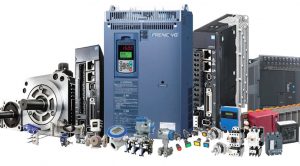
How does the silicon carbide in semiconductors contribute to Fuji Electric’s efforts to save energy?
At Fuji Electric, we strive to go beyond conventional boundaries to provide added value to our customers. We have gained recognition for our exceptional quality standards and reliability and are committed to meeting and exceeding our customers’ expectations. While the usage of silicon carbide in semiconductors may result in increased costs, we are dedicated to mitigating any impact on our customers. Using silicon carbide for semiconductors is a step towards a greater purpose. By incorporating SiC power semiconductors, we can save energy and develop smaller, lighter products. Our continuous efforts focus on manufacturing environmentally-friendly solutions.
In the Budget 2023, customs duty exemption has been extended for importing capital goods and machinery necessary to produce lithium-ion (Li-ion) cells used in electric vehicle (EV) batteries. This measure aims to decrease manufacturing costs and subsequently lower the overall cost of EVs. Additionally, introducing a manufacturing credit guarantee scheme specifically for Micro, Small, and Medium Enterprises (MSMEs) is another commendable initiative in the budget. Simplifying compliance requirements will also reduce business costs, ultimately benefiting manufacturers like ourselves.
How does Fuji Electric India’s mid-term plan to strengthen local capabilities contribute to its goal of becoming a manufacturing hub for the APAC region?
Fuji Electric India’s mid-term plan is to strengthen its local capabilities. As part of this, we have set up the Automation factory in Chennai and are already setting up another factory in Pune. In the future, we will expand our R&D capabilities and ramp up our manufacturing setup further. Our parent company in Japan wanted an Indian subsidiary to manage the local market and emerge as a manufacturing hub for APAC.
How can utilising technology contribute to optimising resources and minimising environmental impact?
Like its parent company, Fuji Electric India is fully committed to optimising resource and energy usage while minimising waste in all aspects of its business operations. This commitment is achieved through the adoption of advanced technologies. Environmental consciousness is prioritised throughout the entire lifecycle of the company’s products and services. Aligned with their Environmental Vision 2050, a roadmap for long-term environmental initiatives, Fuji Electric India regularly evaluates specific targets to drive environmental activities. Their focus includes:
- Controlling greenhouse gas emissions throughout the supply chain.
- Aiming for a decarbonised society.
- Reducing emissions during production processes.
Efforts are also directed towards reducing carbon dioxide emissions through product design. Waste disposal quantities are closely monitored and minimised, while water intake about net sales is reduced. Production activities adhere to initiatives that mitigate environmental impact, such as promoting the 3Rs (reduce, reuse, recycle) and seeking opportunities to reduce environmental impact across the product lifecycle.
Cookie Consent
We use cookies to personalize your experience. By continuing to visit this website you agree to our Terms & Conditions, Privacy Policy and Cookie Policy.



